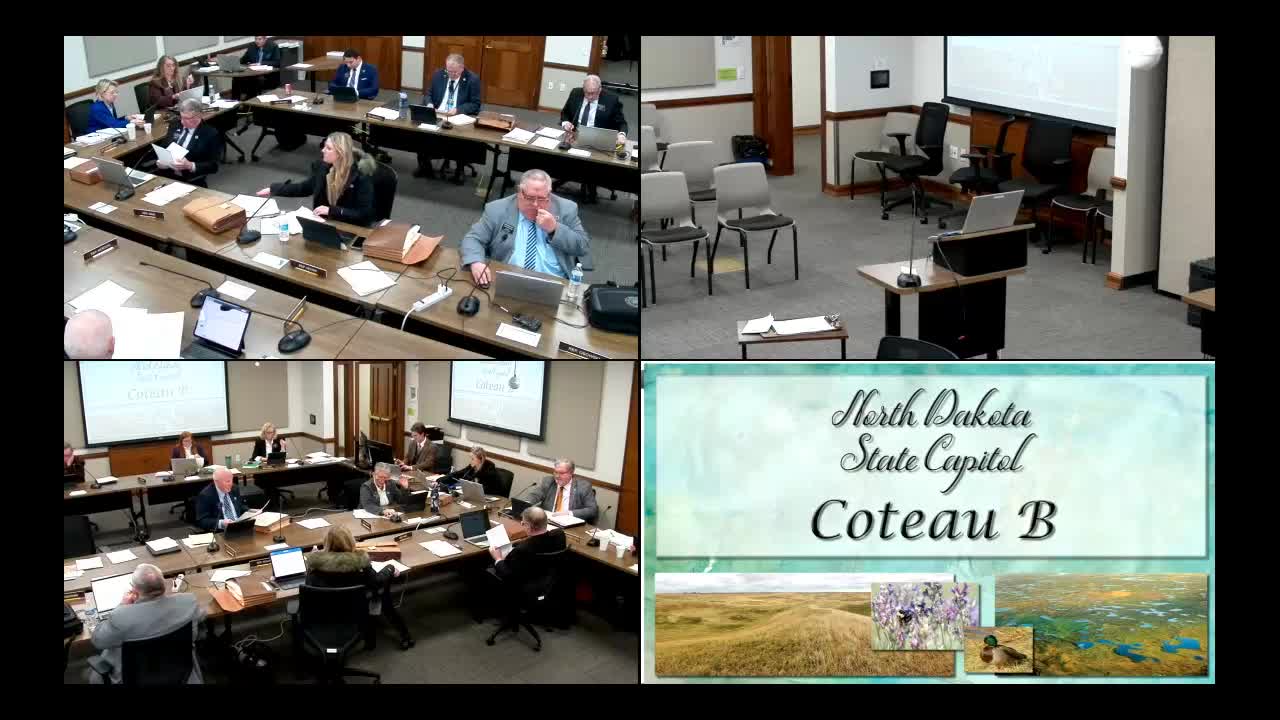Committee deadlocks on micro‑school bill after contentious debate on zoning, safety and oversight
Get AI-powered insights, summaries, and transcripts
Subscribe
Summary
The House Education Committee split 7‑7 over House Bill 14‑72 on Wednesday after prolonged debate about whether the measure would create "micro‑schools" exempt from local building, fire and health codes.
The House Education Committee engaged in lengthy, sometimes heated debate over House Bill 14‑72 on Wednesday, with members sharply divided over whether the bill would create unregulated "micro‑schools" that could avoid local building, fire and health codes.
Representative Morton moved to amend the bill to remove a line exempting criminal‑history record checks; that amendment passed on a roll call recorded in committee as 14 yes, 0 no. The amended bill remained controversial. Opponents, led by Representative Hager, argued the bill could permit micro‑schools serving as many as 50 children to operate without routine building or fire inspection, teacher‑certification safeguards, or food‑safety oversight. Hager said she was "very concerned" that exemptions would leave students less protected and suggested the subject should be studied further by the interim education committee.
Supporters, including Representative Morton and Representative Hoch, said the measure mainly would create an option for families—often homeschoolers—to share instruction in small, informal settings, and that most would use existing, safe facilities such as churches or storefronts. Several sponsors said micro‑schools would be subject to the same standardized testing and compulsory‑attendance requirements that apply to other homeschoolers and pledged to adjust numeric limits if committee members requested smaller caps.
Representative Shriver Beck and others also expressed concern about language that would preempt municipal zoning rules and give micro‑school land‑use and building‑permit applications priority processing. Representative Shriver Beck said she did not understand why the bill would "ignore zoning." Representative Jonas, who works with city government in West Fargo, objected to giving micro‑schools precedence over private enterprises in zoning districts.
When the committee called the question on a due‑pass recommendation, the vote deadlocked 7 yes, 7 no. Members then moved to record a do‑not‑pass recommendation; that vote also resulted in a 7‑7 tie. After parliamentary discussion and consultation with Legislative Council staff, the committee voted to send the bill to the House floor without a committee recommendation (a tie leaves both a majority and a minority report). Committee leaders instructed Legislative Council to prepare the documentation necessary to present both reports on the floor.
Committee members requested follow‑up assistance from Legislative Council on the parliamentary handling of a 7‑7 split and asked staff to prepare paperwork to present both majority and minority positions if the bill proceeds to floor debate.
